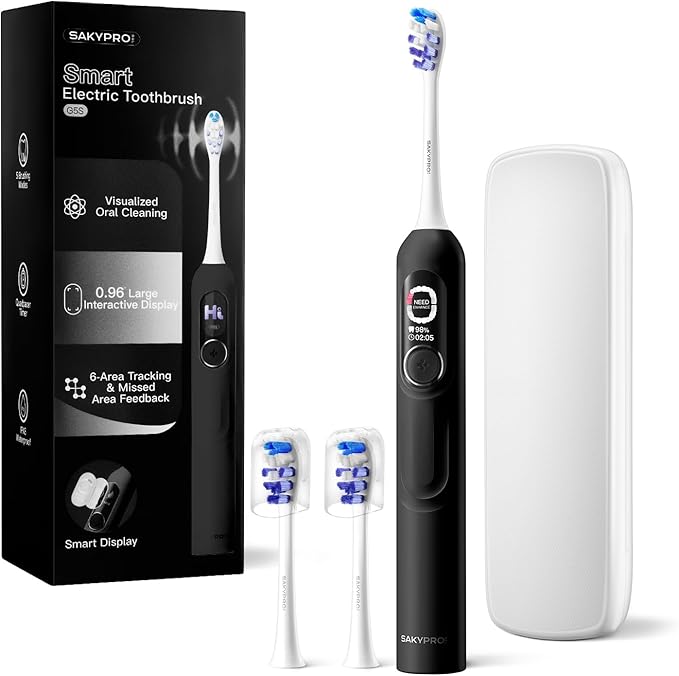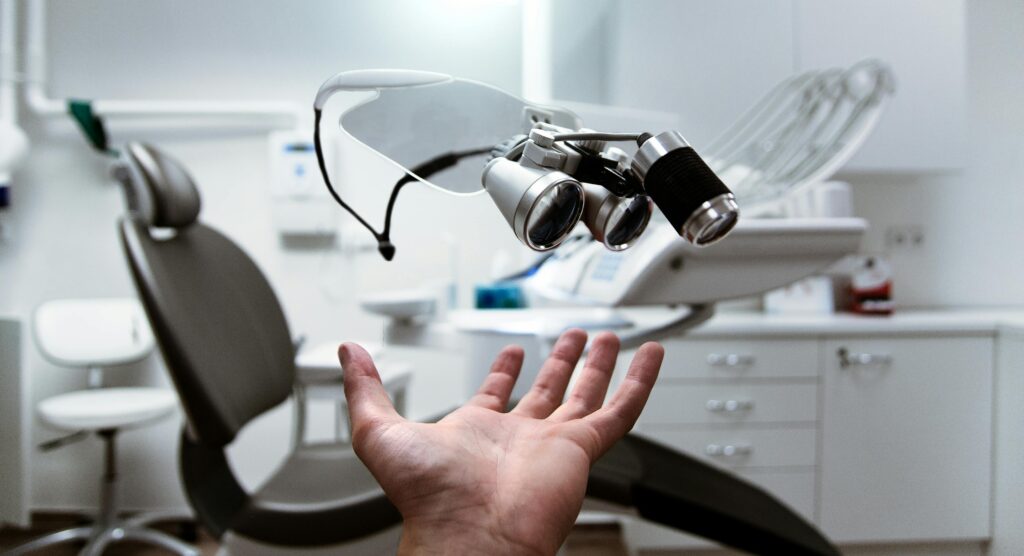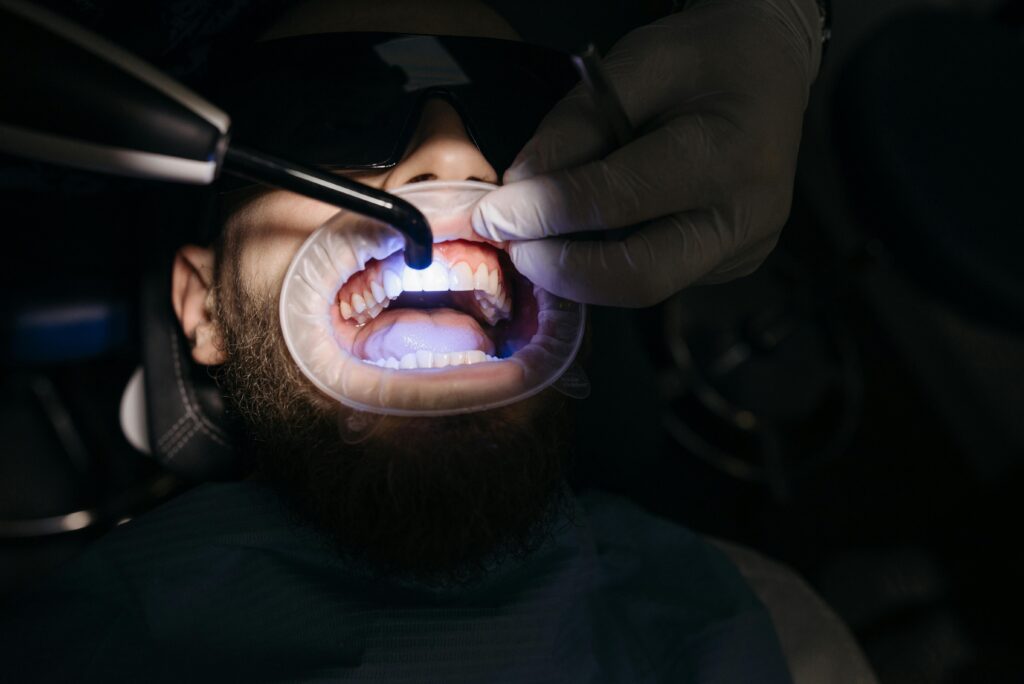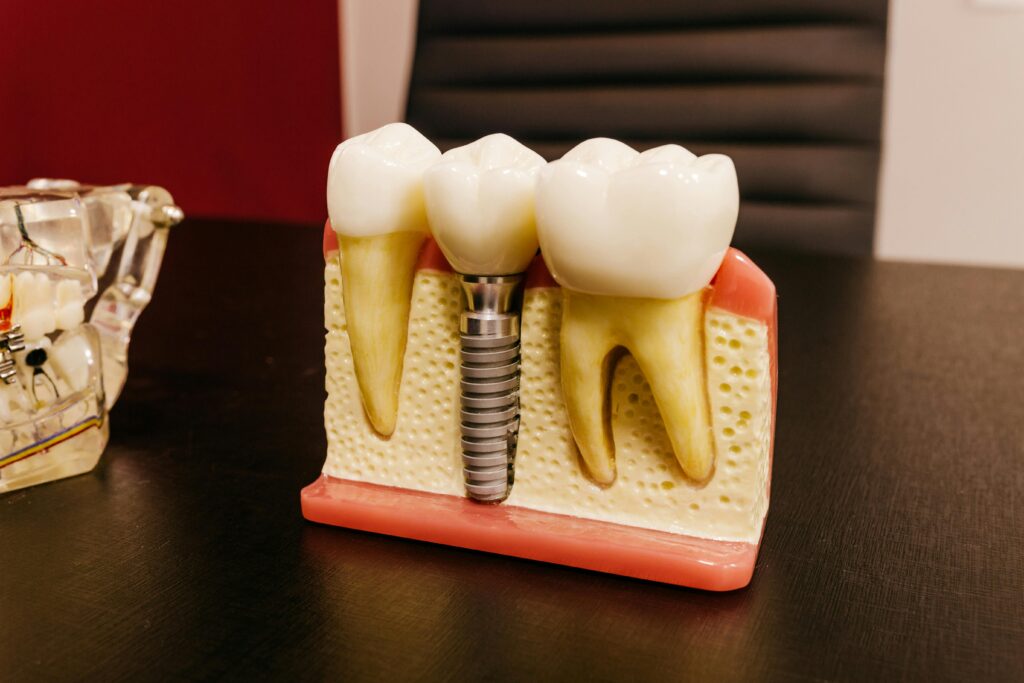Discover why Is It Good to Do Teeth Cleaning? for oral and overall health, with science and expert recommendations.
Regular dental cleanings are a cornerstone of good oral hygiene, but many people wonder, “Is it good to get dental cleanings?” The answer is a resounding yes — professional cleanings prevent serious dental problems and improve overall health. This article explores the benefits, risks and optimal frequency of dental cleanings, backed by statistics and expert insight.
Table of Contents
Why Teeth Cleaning Matters?
Dental cleanings remove plaque and tartar, which harbor harmful bacteria. Left untreated, these can lead to gum disease, tooth loss, and systemic health issues like heart disease. Studies show that 47% of adults over 30 have some form of gum disease, highlighting the need for preventive care.
Benefits of Teeth Cleaning
Here’s how regular cleanings protect your health:
- Prevents Gum Disease
Removes plaque below the gumline, stopping gingivitis and periodontitis. - Reduces Heart Disease Risk
Inflammation from gum disease is linked to a 10% higher risk of heart disease; cleanings lower this risk. - Prevents Tooth Loss
Gum disease accounts for 70% of adult tooth loss; cleanings stabilize gums and bones. - Boosts Overall Health
Linked to lower risks of diabetes complications, respiratory infections, and stroke. - Saves Money
Preventive care costs 3–5x less than treating advanced dental issues.
Potential Risks and Disadvantages For Is It Good to Do Teeth Cleaning?
While generally safe, teeth cleaning may cause temporary side effects:
- Tooth Sensitivity: Common for 5–7 days due to exposed dentin.
- Gum Irritation: Minor swelling or bleeding, especially in neglected mouths.
- Infection Risk: Rare but possible in immunocompromised patients.
Most risks are minor and manageable with proper aftercare, such as using sensitivity toothpaste or soft foods.
How Often Should You Get a Teeth Cleaning?
The American Dental Association recommends every 6 months, but frequency depends on individual risk factors:
| Risk Factor | Recommended Frequency |
|---|---|
| Healthy gums | Every 6 months |
| History of gum disease | Every 3–4 months |
| Smoking or diabetes | Every 3–4 months |
| Pregnancy | Every 3–6 months |
Source: Healthline, Delta Dental, and periodontal studies.
Teeth Cleaning Statistics
| Statistic | Value |
|---|---|
| Adults with gum disease (over 30) | 47% |
| Heart disease risk reduction | 10–14% |
| Cost of routine cleaning (no insurance) | 75–200 per session |
| Sensitivity duration post-cleaning | 5–7 days |
Data sourced from CDC, Healthline, and dental journals.
Recommended Products for At-Home Oral Care
Maintain your smile between cleanings with these Amazon products:
| Product | Why it‘s Essential To Use | Grab Yours |
|---|---|---|
| Philips Sonicare Electric Toothbrush | Removes 7x more plaque than manual brushes. | Buy Now on Amazon |
| Waterpik Cordless Water Flosser | Reduces gum bleeding by 50% in 2 weeks. | Buy Now on Amazon |
| Sensodyne Pronamel Toothpaste | Strengthens enamel and reduces sensitivity. | Buy Now on Amazon |
| GUM Soft-Picks Advanced | Gentle interdental cleaning for sensitive gums. | Buy Now on Amazon |

G5S Smart Electric Toothbrush with 0.96” Screen, Real-time Missed Area Feedback Electric Tooth Brush, 2 Brush Heads,150 Days Lasting, 3 Min Timer, Travel Case for Adults and Kids (Black)
Is It Good to Do Teeth Cleaning?
The Anwser is yes, Dental cleanings are an important investment in your health. Although there are minor risks like sensitivity, the benefits—preventing gum disease, protecting your heart, and saving money—far outweigh the temporary inconvenience. Partner with your dentist to determine the ideal cleaning schedule and maintain a strict routine at home.
View More On Amazon
[amazon_auto_links id=”1112″]







